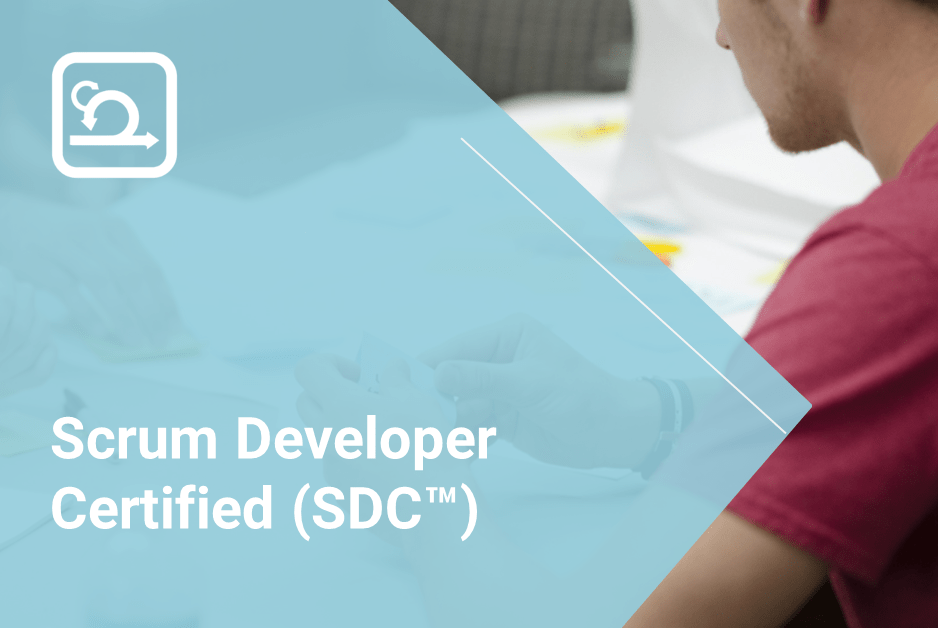
Scrum Developer
2 Days Instructor-led Online Class
Language Available: English
Trainer Trainee Ratio: 1:25 (MAX.)
Scrum Developer Certified (SDC™) professionals are Product Developers who are working as a self-organized team to build successful products incrementally with iterative development life cycle with a set of tools and techniques required under Scrum Framework.
Scrum Developer Certified (SDC™), 2-days training program helps participants to learn and build good understanding about Agile and Scrum Framework, the role and responsibilities of a Scrum Developer, Self-organized team, and how to interact with other Scrum teams in a complex and large project environment.
ATTENDEES WILL LEARN:
- Demonstrate sound understanding of the all key aspects of the Scrum Developer role.
- Have a clear understanding of Scrum and agile principles, and specialized agile engineering skills.
- Develop knowledge about use of different tools and techniques like Scrum Board, Estimation Methods, Conflict management, Collaboration, and so on.
- Recognize traits that are strongly linked to effective engagement and communication in a multi-Scrum Teams environment.
- Critically evaluate the characteristics of effective Scrum team and understand why team fails.
WHAT IS INCLUDED?
- E-copy of SBOK® Guide
- Roles guide for SDC™ Exam
- High quality video tutorials
- Practice questions
- Online certification exam

Certification Details
We are accredited to SCRUMstudy™, one of the global accreditation body for Scrum and Agile certifications.
SCRUMstudy™’s online live proctored exams allow you to take your certification exams from the comfort of your home using a webcam and a reliable internet connection.
Upon successful completion of the exam you will get an online certificate and your name will be added to the SCRUMstudy™ Certification Registry.
Exam Format:
Multiple choice
75 questions per exam
90 minutes duration
No negative marks for wrong answers
Online proctored exam
Exam Fee:
No separate exam fee, included in the training cost
Exam Retake:
2 free exam retakes
Exam Rescheduling Policy:
Students can can request for rescheduling in case of any situation preventing them from taking the exam on the scheduled date.
There will be a rescheduling fee of USD 50
1. Introduction to SCRUM
Introduction to Scrum
Overview of Scrum
History of Scrum
Why Use Scrum
Scalability of Scrum
Purpose of the SBOK Guide
Framework of the SBOK Guide
How to use the SBOK Guide
Scrum Principles
Scrum Aspects
Scrum Processes
Scrum Vs Traditional Project Management
2. Principles
Introduction to Scrum Principles
Roles Guide and Empirical Process Control
Self-Organization
Collaboration
Value-Based Prioritization
Time-Boxing
Iterative Development
Scrum Vs Traditional Project Management
3. Organization
Introduction to Organization
Roles Guide
Scrum Project Roles
Product Owner
Scrum Master
Scrum Team
Scrum in Project, Programs, and Portfolios
Summary of Responsibilities
Scrum Vs Traditional Project Management
Popular HR Theories and their Relevance to Scrum
4. Business Justification
Introduction to Business Justification
Value-driven Delivery
Importance of Business Justification
Business Justification Techniques
Continuous Value Justification and Confirm Benefits Realization
Scrum vs Traditional Project Management
5. Quality
Introduction to Quality
Quality, Scope, and Business Value
Acceptance Criteria and Prioritized Product Backlog
Transition to Scrum
Quality Management in Scrum
Quality Control and Quality Assurance
Scrum vs Traditional Project Management
6. Change
Introduction to Change
Overview
Change in Scrum
Integrating Change
Change in Portfolios and Programs
7. Risk
What is Risk
Risk Management Procedure
Risk Prioritization, Mitigation and Communication
Minimizing Risks through Scrum
Risks in Portfolios and Programs
Scrum vs Traditional Project Management
8. Initiate
Initiate- Introduction
Create Project Vision
Identify Scrum Master and Stakeholder(s)
Form Scrum Team
Develop Epic(s)
Create Prioritized Product Backlog
Conduct Release Planning
9. Plan and Estimate
Plan and Estimate-Introduction
Create User Stories Process
Approve, Estimate, and Commit User Stories and Create Tasks Processes
Estimate Tasks Process
Create Sprint Backlog Process
10. Implement
Implement-Introduction and Create Deliverables
Conduct Daily Standup
Groom Prioritized Product Backlog
11. Review and Retrospect
Review and Retrospect - Introduction
Convene Scrum of Scrums
Demonstrate and Validate Sprint
Retrospect Sprint
12. Release
Release-Introduction
Ship Deliverables
Retrospect Project
Upcoming Classes
No Events Found

